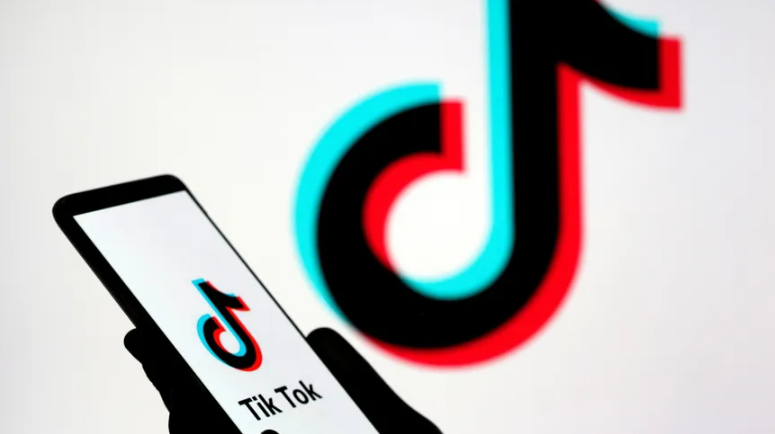
TikTok has stirred excitement among social media users by introducing a new visual effect named “Expand AI,” creating a buzz on the platform. This feature, utilizing artificial intelligence, significantly alters users’ images by incorporating additional details and elements, giving the impression that the photo was captured or designed with a broader perspective.
In the creation of this new filter, TikTok employs AI to analyze the scene and details within user-submitted images. The process, known as Outpainting, involves the addition of elements to the image’s sides to expand its dimensions.
“Expand AI” represents TikTok’s latest venture into visual effects this year, joining the ranks of other new effects like “Bold Glamour” and “Teenage Effect,” each known for its highly realistic impact that adjusts seamlessly with hand movements or facial gestures.
TikTok’s effects have undergone significant evolution this year, incorporating artificial intelligence into their development. The design of these photography effects now seamlessly integrates with the user’s face, providing a realistic and stable appearance compared to the platform’s previous effects.
The newly introduced TikTok filter, “Expand AI,” isn’t the first to offer Outpainting AI design technology. Similar features were previously introduced by design-oriented platforms like RunwayML and Adobe, through its Generative Fill feature in Photoshop earlier this year. Google also incorporated the technology for subscribers to its paid service, Google One, within its Google Photos platform.
ByteDance, the Chinese tech giant behind TikTok, plays a prominent role in the artificial intelligence market. Recent reports have hinted at TikTok’s preparation to launch a new personal assistant for users, potentially entering into competition with the widely popular chat platform GPT.
However, with intensifying competition in the artificial intelligence market, conflicts may arise among competitors. OpenAI’s recent announcement suggests the possibility of revoking ByteDance’s license to use its smart models if it’s discovered that the Chinese company is using the data to develop competing models.
Leave a Reply